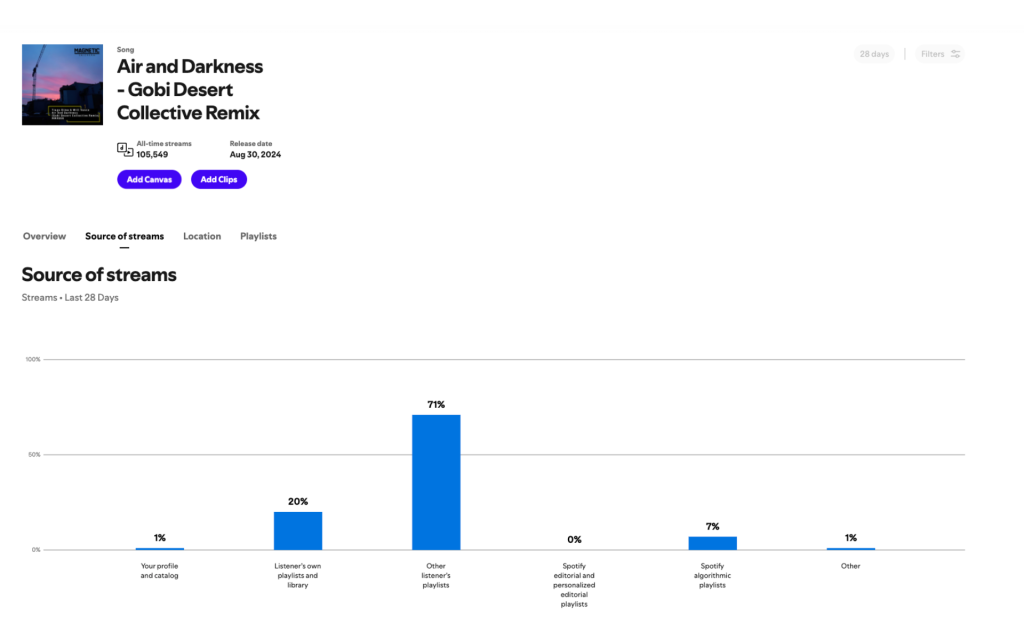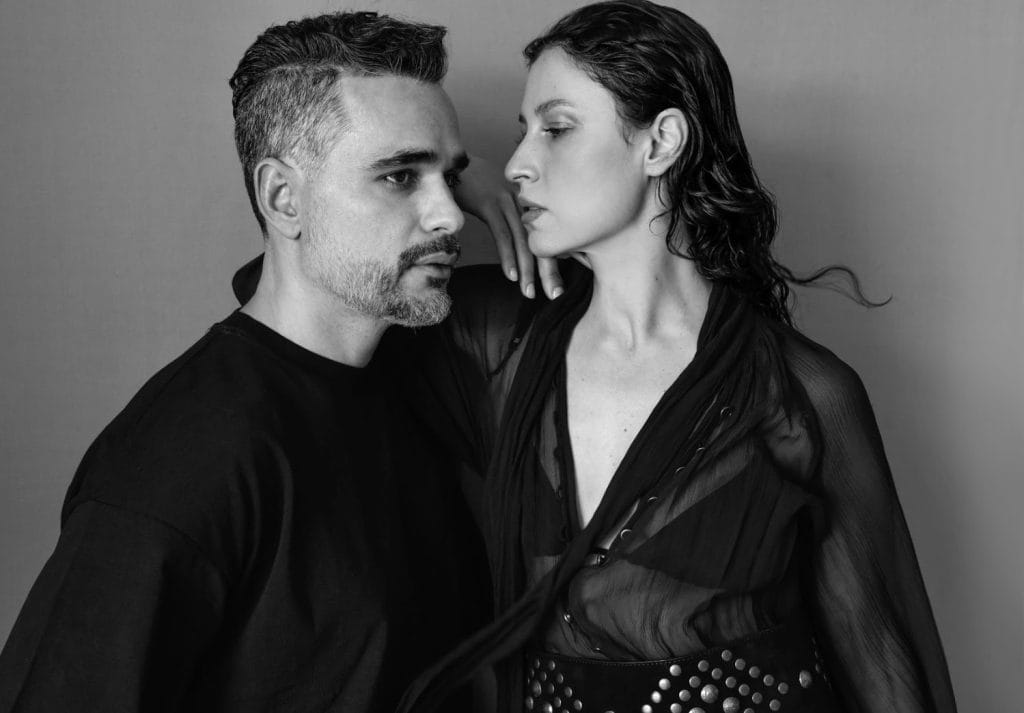Musik Hack has quickly become one of the most talked-about new names in music production software, and it is easy to see why. Co-founded by Grammy-nominated engineer Stan Greene and composer-turned-developer Sam Fischmann, the company builds plugins designed to strip away unnecessary complexity and keep the focus on what actually matters: making great-sounding music without getting lost in technical menus.
From Rihanna and Big Sean to Jaden Smith and Pharrell, Stan’s credits give him a front-row seat to what tools actually work in professional sessions, while Sam’s development background ensures those tools stay fast, intuitive, and built for real-world use.
In our interview, Sam walks through how Musik Hack came together, the philosophy that drives their products, and the process behind their latest release, FUEL. From the story of how a half-broken plugin installer led to the company’s name to their design rule that every plugin has to replace at least three tools in Stan’s own workflow, it is clear that their approach is built on experience, not marketing trends. Their team, which now includes developer Alex handling infrastructure and product systems, has created a tight, feedback-driven environment where ideas are pushed until they genuinely earn a place in the studio.
The result is a company that feels closer to a trusted collaborator than another software vendor. In this conversation, Sam shares why they build the way they do, how FUEL can simplify everything from drum buss compression to subtle stem blending, and why their view on AI is less about replacing human input and more about clearing space for it. For producers who want tools that work as hard as they do, Musik Hack is building exactly that.
Interview With Music Hack’s Samuel Fischmann
So before we even get into the plugin stuff, can you tell me the story of how the company actually started? I heard it began with a little bit of paranoia?
Stan and I met through a mutual friend who is a bit of a wild card when it comes to contacts, so he wasn’t sure if he could trust me at first. I handed him a plugin I had been working on. I had only made the VST, so it wasn’t showing up in Pro Tools after he had run the installer.
He thought I might have hacked his machine, so I went into damage control mode and got right on the phone… hence our name! Needless to say, he loved the sound, and after a few brainstorming sessions we got to work on the plugin that became Master Plan.
From the outside, it looks like a two-person team. Is that still the case? What does collaboration look like between you two on a weekly basis?
Stan and I co-founded Musik Hack, but Alex joined us about 8 months in to run our Web tech and a lot of the business mechanics. Her background is in corporate finance, so it really comes together as a great combo: I’ll do the overall push and tech research, Stan directs the products, and Alex works on building out our cloud infrastructure and keeps us chugging along. We have a few consultants that we work with regularly (shout out Nahum, Louis, and Eyal) to make sure we don’t go crazy!
At the core of the products, it’s a balance between heavy research and experimentation on my part, with careful feedback from Stan. Neither of us are pretentious, neither of us are gatekeepers, and our feedback loop is really tight and collaborative. Essentially we start with a vague idea until it hits a lane in Stan’s workflow where he feels he can’t mix without it. It has to replace at least 3 plugins he’s currently using. Then, it’s a dance for months while we try and perfect it from every angle: low knob values, smooth transitions, extremes that still work, all combinations in harmony.
I’ll go through 3 or 4 different research papers before I find a technique that really works right for nailing the sound, while Stan focuses on getting me to hear the right angle on what he’s trying to do. In the end it’s about being able to really communicate back and forth about needs and possibilities, with the occasional wild ass guess or hail Mary. Good times!
A lot of plugin companies love to add features just to have features. You seem to take the opposite approach—can you talk a bit about your design philosophy?
We both believe that what matters is your taste, not your technical acumen, so we’re always trying to get to a product that rewards you for listening, for being you, rather than for deep study.
The technical stuff is what we want to lift out of the way whenever we can. It’s not possible to rid yourself of all of it, but like any craft, some trends have more to do with the tools and gear culture than they do with the art or expression. There’s an insightful tweet by Joanna Maciejewska: “I want AI to do my laundry and dishes so that I can do art and writing, not for AI to do my art and writing so that I can do my laundry and dishes.”
We think this idea applies to technology and industry in general, not just AI! Our products are for people most passionate about expression, knowing that the quality and fidelity are handled… that love and care and good ingredients are what makes a great dish, not the number of ingredients or recipe complexity.
Let’s talk FUEL. For people who haven’t used it yet, what’s the simplest way to explain what it actually does?
FUEL can maximize your sound with minimal effort, whatever that means to you. Clean loud? Dirty loud? Dynamic control? More edge? Heavier? Smashed? It’s all in there. What that means is that any time you’re looking for a way to make anything punch through a mix, drop it on there and listen to what it can do.
This extends all the way down to subtle changes: you can also use it for little moves, dynamic control that makes blending a stem into a mix much more consistent all the way to glowing up an 808, smashing drums, or fuzzing up a vocal line.
You mentioned you’re looking into AI but haven’t used it in any of your products yet. What’s your philosophy on AI in music tools?
AI needs to take care of busywork so that we can focus on creativity.
There’s always a danger that AI steals our confidence, that we see it and decide it will be a better voice than we could be: after all, it has digested the world. But AI has no feelings, has no desire to share or empathise, it has the knowledge of the whole internet but the memory of a goldfish and the heart of a tin can.
It’s never fallen in love, it’s never broken an arm, it can’t console you in grief. In art technology, we should be designing tools that make us feel powerful in our expression, that help us reach outside and share who we are, not tools to hide behind like masks and shields.
Lastly, if someone’s reading this and thinking about trying FUEL, what’s the one thing you’d want them to keep in mind before they click download?
If you have one dynamics plugin that can do the job of 6, and sound just as good, you’d be surprised how much time you get to spend on the parts of your mix that are fun, not “problems.” Just get it and be happy 
The post Why Musik Hack Refuses To Build Plugins Packed With Unnecessary Features appeared first on Magnetic Magazine.






